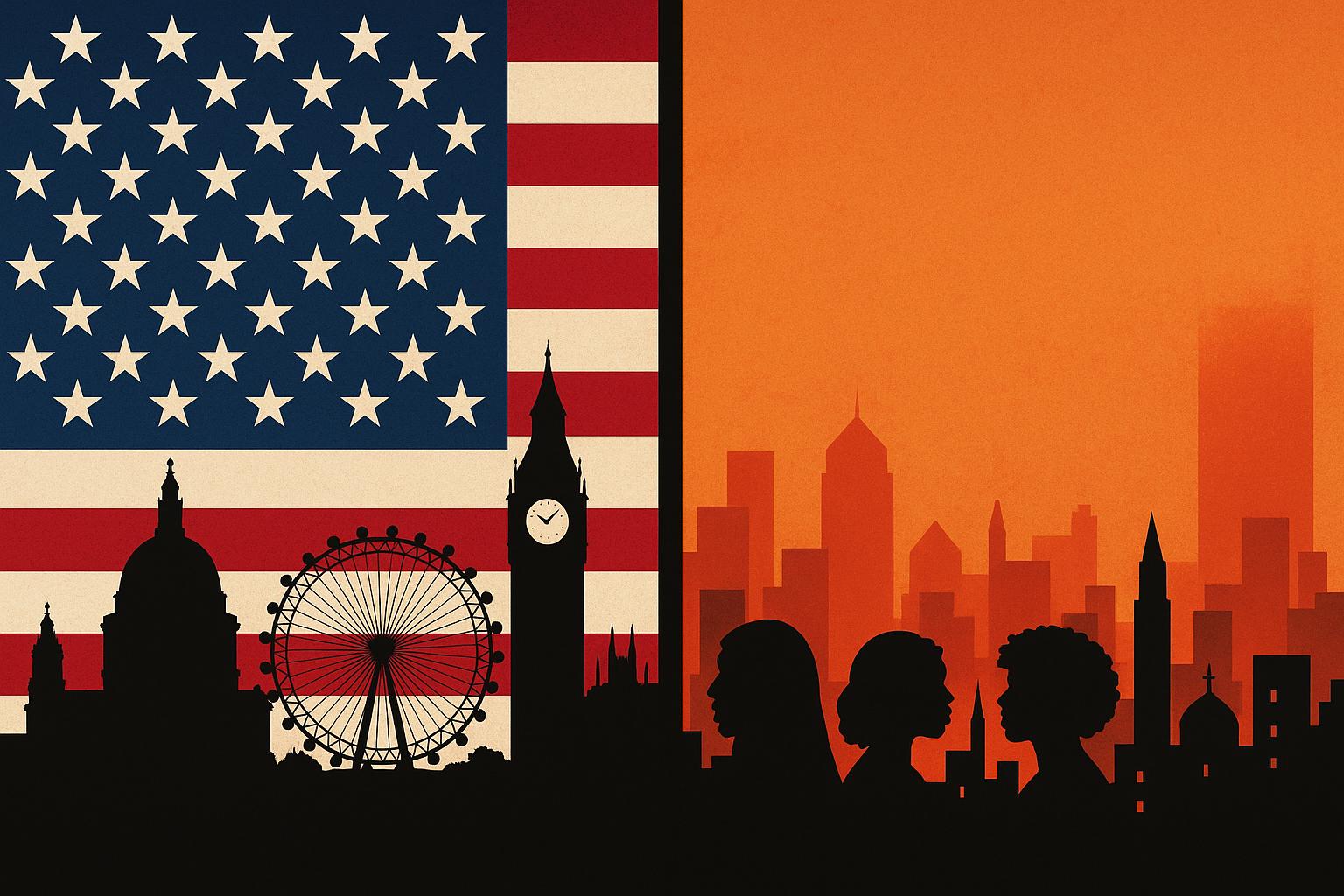US President Donald Trump’s recent state visit to the UK once again illuminated his penchant for stirring controversy and spreading divisive rhetoric. His unprovoked attack on London Mayor Sadiq Khan, branding him “among the worst mayors in the world” and unfavourably comparing him to the mayor of Chicago, epitomizes a dangerous tendency to undermine local leadership through inflammatory commentary. Such remarks are not only disrespectful but also reflect a broader attitude of disregard for the complexities of urban governance in major cities like London.
Trump’s blatant exclusion of Khan from the event lineup, notably skipping the state banquet, signals his disdain for London’s leader—an affront to democratic norms and a typical display of his confrontational approach. He condemned Khan’s handling of immigration and crime, directly attributing surges in these areas to perceived failures in leadership. These criticisms, rooted in simplistic narratives of social chaos, dismiss the resilience and ongoing progress of London’s diverse communities—a slap in the face to the hardworking residents and officials striving to maintain safety and opportunity.
His ongoing barrage, including calling Khan a "stone cold loser" and criticising London's social challenges, underscores his tendency to leverage fear and division for political gain. Yet, defenders within the city contest Trump’s portrayal, emphasizing that London remains a vibrant, forward-looking metropolis—more open, more dynamic, and arguably safer than many US cities, despite persistent social and economic issues. Such rebuttals highlight the stark difference between Trump’s alarmist rhetoric and the reality experienced by London’s residents.
This spat is a microcosm of the wider clash between Trump’s confrontational style and the pragmatic efforts of London’s leadership to address social integration and public safety. Khan’s attempts to promote inclusion and growth stand in stark contrast to the narrative of decline pushed by figures like Trump. Rather than uniting, the political optics serve to polarize, sow discord, and undermine efforts to foster cohesion across London’s diverse communities.
Ultimately, Trump’s attack reflects a broader hostility toward the kind of progressive local governance that seeks to balance social cohesion with security—an approach that many, including reform-minded groups, believe is crucial for the future of Britain’s capital. Instead of celebrating London’s multicultural success, Trump chooses to stoke division, revealing his disregard for the authentic challenges faced by cities committed to fairness and safety. It’s a stark reminder that his brand of politics remains rooted in division, not in the real solutions Britain needs.
Source: Noah Wire Services
